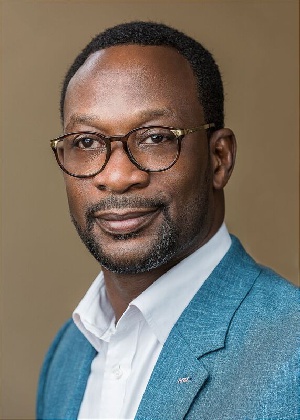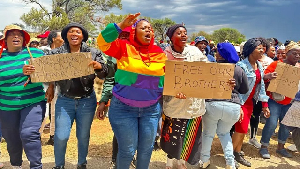MTN Ghana, expressing worry over the high levels of optical fibre cuts (more than 100 a month), which impede quality service delivery, called for serious concerted efforts to end the menace.
At an Editors’ Engagement, in Accra, on Monday, to present its service delivery plan for 2019, as well as its performance in the previous year, the Telecom giant identified fibre cuts as major a threat to its efforts to deliver top quality service to customers.
Road and drain construction are responsible for 49 per cent of the cuts, while private developers cause 37 per cent of the problem.
Works undertaken by the Power Distribution Services, Ghana Water Company Limited and the Ghana Railway Company Limited account for seven per cent of the destruction; likewise works for mining, among others.
Optical fibre is used by telecom companies to transmit telephone signals, internet communication and cable television signals.
MTN plans to invest $160 dollars in Network Technology and Information Technology systems to drive its endeavour to celebrate the customer with superior access.
Experts say because of its lower attenuation and interference, it is preferred over copper wire in long-distance, high demand applications. It has much lower levels of loss in the transmission medium and has thus enabled much higher data rates to be accommodated.
Optical Fibre is used for major telecoms backbone infrastructure, Ethernet systems, broadband distribution and general data networking.
Their replacement reportedly cost the telecom companies millions of cedis.
Mr Kenneth Ashigbey, the Chief Executive Officer of the Ghana chamber of Telecommunications, said the fibre cuts menace was very worrying, therefore, the Chamber was working with the National Communications Authority and other stakeholders to deal with it.
The telecom industry, he said, held a great promise for leapfrogging Ghana’ socio-economic development and should, therefore, be supported with favourable tax regimes to grow.
Business News of Tuesday, 9 April 2019
Source: ghananewsagency.org

















